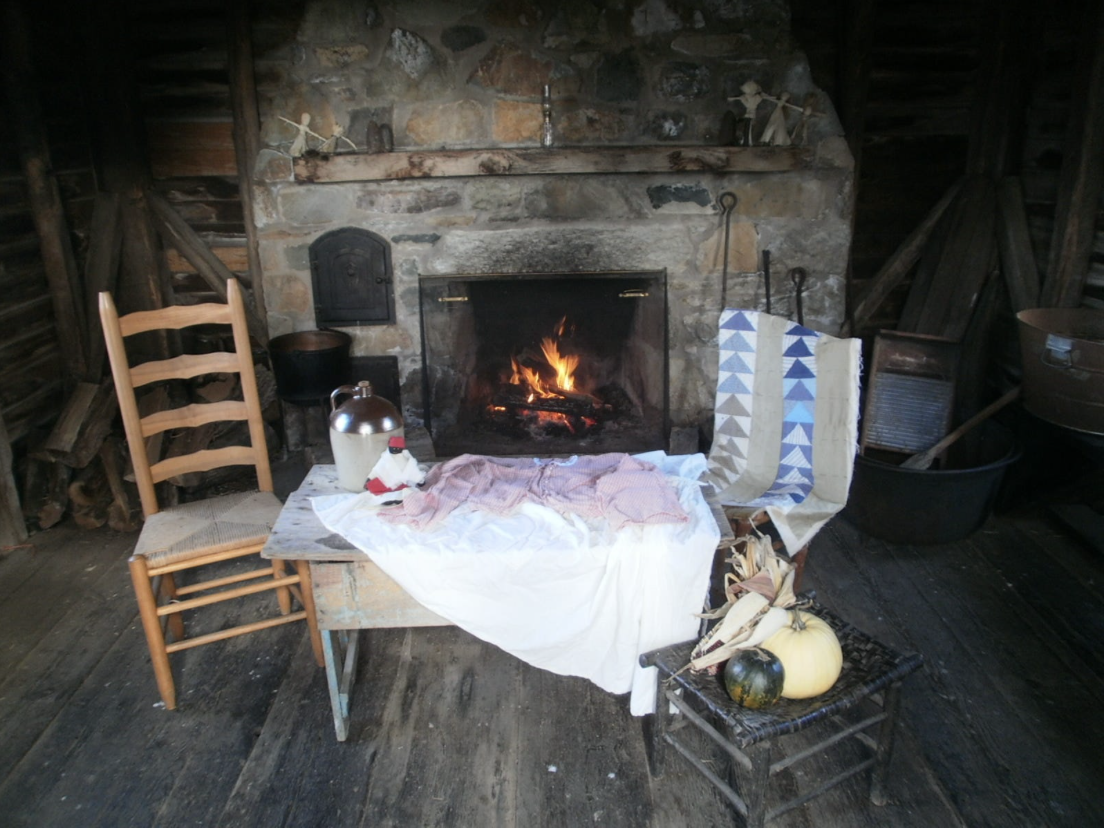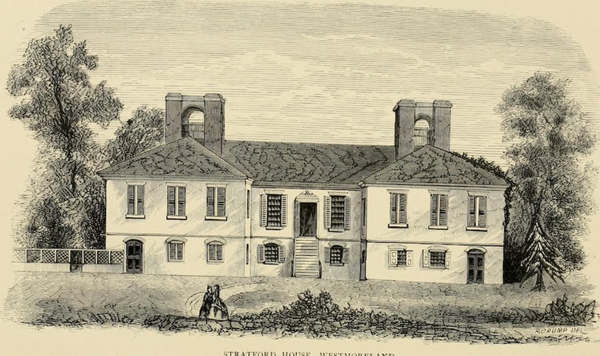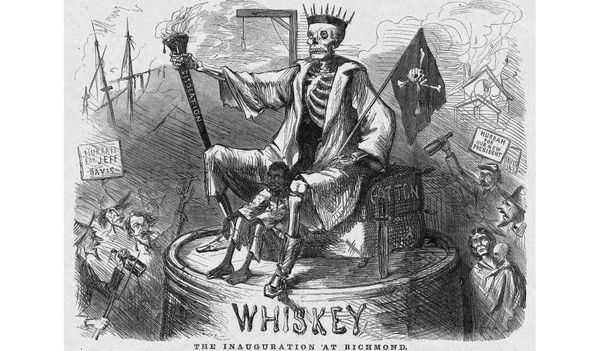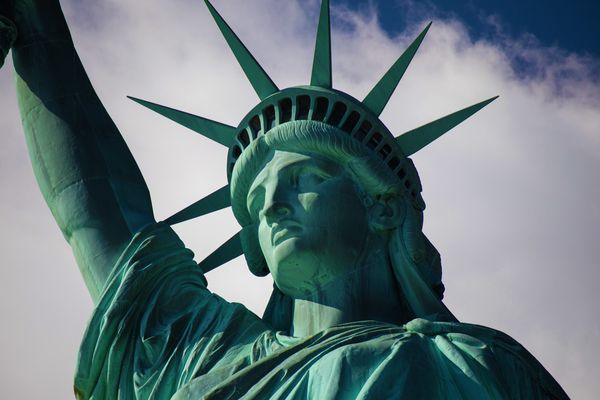Christmas Day was the immediate focus during my childhood, with New Year’s Day being the afterthought. The hopes and expectations of presents filled the months before Christmas. What toys would I receive? There was also the religious component, learning my part in the church play and participating in school concerts. New Year’s Day signaled the countdown for returning to school and that vacation would soon be over.
As an adult, New Year’s took on greater significance. Some years, I made resolutions reflecting the best intentions, though the will to follow through wasn't a given. Gifts became more about giving than receiving. But both as an adult and child, it was primarily the Christmas season, with New Year's coming in a distant second.
For the enslaved, Christmas and New Year’s also had special meaning. Christmas on some plantations did have some positives for the enslaved people. They might be allowed to sing, dance, and possibly mingle with relatives from other plantations. They might even receive small gifts from the master designed to instill loyalty and productivity.
“I killed twenty-eight head of beef for the people’s Christmas dinner, I can do more with them in this way than if all the hides of the cattle were made into lashes.” —White overseer as related by the historian Stephen Nissenbaum
Then again, the enslaved might be the gift. There are multiple documented cases of enslaved people given as gifts to family members or business partners on Christmas, including Louis Hughes, author of Thirty Years a Slave.
Despite revisionist historians suggesting how joyful Christmas was for the enslaved, many worked extra hard preparing the feast for the master and family. Some had the day off, but the work would always be made up elsewhere. It was always New Year’s Day that was at the forefront of the mind of the enslaved person. New Year’s was the day the owners settled their debts and taxes, often resulting in the sale of slaves and tearing apart families.
“On New Year’s Day, we went to the auctioneer’s block, to be hired to the highest bidder for one year.” Israel Campbell, 1861
New Year’s had entirely different concerns for enslaved people in America. It might be the day their families were broken up for a year or forever, depending on their owners' whims or financial concerns. In those days, the fiscal year began on January 1st, and all settlements were made at the end of the year. Farmers and plantation owners who were in debt often paid their bills by leasing or selling their enslaved people. Resistance was futile; whippings and slave jails were the response.
For those enslaved people fortunate enough to have families, what happened was obscene. If the husband was sold off or leased and the wife remained, she was still expected to fulfill her role as a breeder. Whoever the master designated would come around and take her as violently as needed. If her husband returned, he might find a child he didn’t conceive or an impregnated wife he hadn’t been with. His only option was to deal with it, just as she had.
The reasons the husband might not return were numerous. There was often danger in the work. Leased enslaved people often worked for the railroads or in mines, using dangerous explosives to dig out tunnels. Any who tried to escape, whether seeking freedom or returning to their family, were subject to beatings, returned to their new environment, and, of course, faced death, for which the perpetrator would receive no punishment.
The economy of several states depended on the forced breeding of enslaved people. Black women were mated with appropriate Black male “specimens” to produce bigger and stronger children who would fetch a higher price. They also might be raped by their masters or relatives and friends; their lighter-skinned children would also fetch a high price, whether they ended up as household servers or “fancies” in the girls’ case that would work in brothels.
The economics of slave breeding were set up in the Constitution. Slave states like South Carolina were able to negotiate a twenty-year extension of the international slave trade, with Charleston, South Carolina, being the main port. Little did they know that the day that agreement expired, Thomas Jefferson would end the international slave trade, causing southern plantations to rely entirely on domestically produced slaves. Virginia, Maryland, and other states had excess enslaved people due to the lower yield of tobacco caused by poor farming techniques. They made up for it by churning out as many enslaved people as possible by whatever means necessary to sell them down South, where they were needed to harvest sugar, rice, and cotton.
Depending on the wealth of the plantation, Christmas might be somewhat of a celebration even for the enslaved. They might receive special food, small gifts they weren’t expected to reciprocate, perhaps even a few days off. But it was all a set-up. Come New Year’s Day, families might be broken up and whatever slight joy might have come from small gifts was offset by tears and the destruction of homes.
As 2024 approaches, there is still reason for anxiety, like the beginning of any new year. There will be a presidential election; war rages in areas of the Middle East with the potential for expansion as the Russia/Ukraine war continues. These types of concerns existed throughout America’s slave history, whether it be the War of 1812, the Civil War, the enactment of Fugitive Slave laws, or the general risk associated with enslavement. Knowing that you could be killed without cause and there would be no punishment due to prevailing attitudes and laws like the Casual Killing Act of 1669, is called qualified immunity today.
Still, as a parent and now a grandparent, I’ve never had to fear having my offspring sold away on New Year’s to settle another man's debt. We’ll have to consider that progress.













